COVID-19: Rape cases rise by 149 percent – ActionAid
By Michy Abraham in Maiduguri
ActionAid Nigeria has lamented that rape cases in the country has increased by 149 percent.
The increment was attributed to the lockdowns as a result of the COVID-19 pandemic.
A press release issued at the weekend by the Board of Trustees of ActionAid Nigeria, after a virtual meeting to review of the State of the Nation on Saturday, stated that: “Since the COVID-19 lockdown, a wave of rape and other forms of Sexual Gender-Based Violence (SGBV) has increased. Since the commencement of lockdowns, reported cases of gender-based violence have substantially risen with a monthly increase of 149% in 23 out of the 36 states in Nigeria where we could obtain data on SGBV.”
It lamented that: “Despite this, till date, only 17 out of 36 states and the FCT have passed the Violence Against Persons Prohibition Act in Nigeria.”
The organisation also decried that the recent hike in electricity was unfortunate and ill-timed.
The press release read: “The hike in electricity tariffs by almost 100% as well as the fuel price increase coming amid the COVID-19 pandemic, is not only ill-timed, but it is also counterproductive. The privatization of the electricity sub-sector seven years down the line has not yielded the anticipated positive results.
“This is because through the privatization process, the entire sector was sold at about N400 billion. We are also surprised that government within the last four years injected N1.5 trillion over and above the amount that accrued from this important asset and Nigerians are still being made to pay more.”
It further lamented that: “Regardless of claims of increased security measures by federal authorities, an atmosphere of insecurity persists across Nigeria. Increasing attacks are being reported in the northeast including reports of fresh attacks in Chibok, home of the Chibok girls who are yet to fully return home six years after their abduction, with 112 girls still missing.”
It however commended the Federal Government over it attempts to encourage local farmers and food producers over imports, but decried the twin crises of flooding and food shortages, which is “threatening to push Nigeria into a devastating food crisis.”
ActionAid Nigeria however urged Federal Government to provide definite timelines for government’s response to youths’ demands.
“This can be kickstarted with investigations of the incident that transpired at Lekki Toll gate. Those who ordered the shooting, as well as the officers who fired at peaceful protesters must be brought to book openly. Those who sponsored hoodlums to disrupt the peaceful protests, attack their fellow citizens and destroyed properties must be identified and made to face the wrath of the law to pass a clear message that elites should desist from using young Nigerians for political gain. We call on the Federal Government to ask the Central Bank to unfreeze the accounts of EndSARS promoters without delay,” it advised.
It also implored the Federal Government and sub-national governments to investigate the other myriads of problems raised with the outset of COVID-19, with a view to resolving all pending issues so as to maintain industrial harmony and avoid needless sufferings and death of Nigerians. It will also be an opportunity to strengthen our under-funded health facilities.
It said: “The increase in electricity tariff and hike in fuel price has eroded the purchasing power of Nigerians. We recommend the reversal of the fuel price and electricity tariff, and request that meters be provided for all electricity consumers. The gains made on poverty eradication by the President and other stakeholders like ActionAid Nigeria are being eroded drastically because of monumental inflation.”
It also said: “Sexual Gender Based Violence response services should be a basic and accessible service in every state of Nigeria. The minimum standards for prevention and response to SGBV in emergencies should be institutionalised. The foundational standards will help states engage communities better, support national systems, and collect data for effective utilization.”
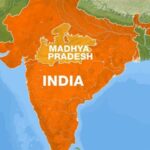



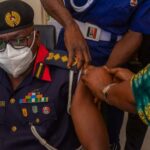
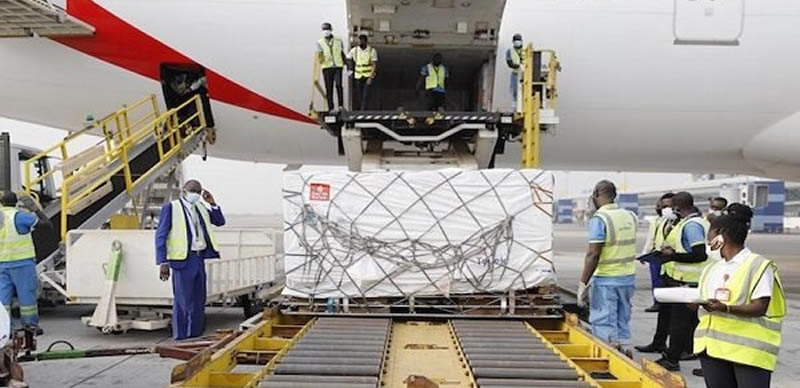
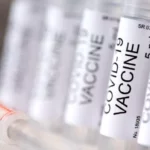
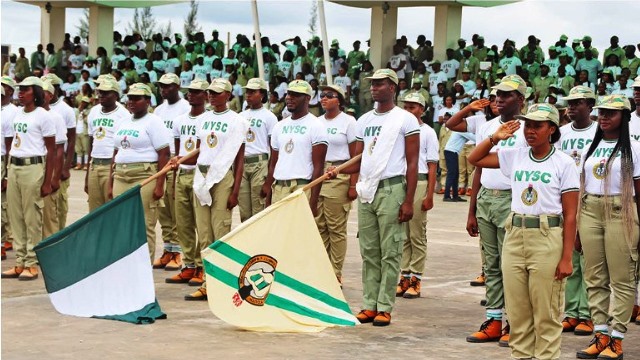



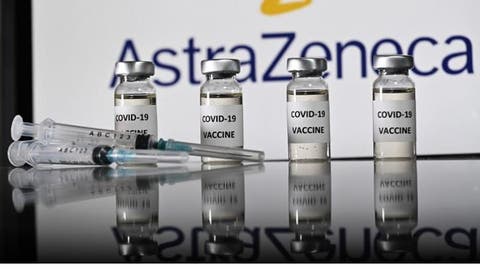
Comments are closed.